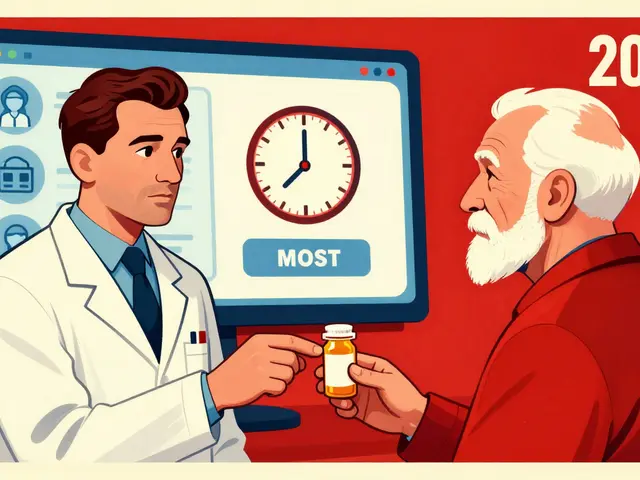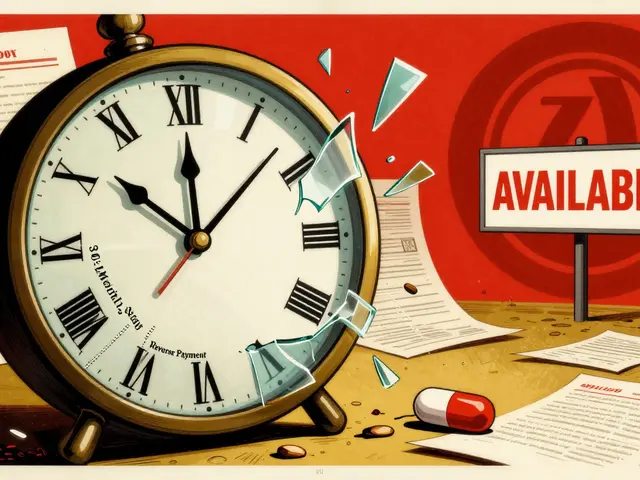COPD Chest Congestion: Causes, Risks, and What Works
When you have COPD chest congestion, a buildup of thick mucus in the airways caused by chronic obstructive pulmonary disease. Also known as chronic bronchitis, it’s not just a nuisance—it’s a sign your lungs are working harder just to get air in and out. People with COPD often wake up coughing, feel tightness in their chest, or struggle to breathe after walking short distances. This isn’t normal aging. It’s your body trying to clear out mucus that won’t go away because the tiny hair-like structures (cilia) that normally sweep it out are damaged.
This kind of congestion doesn’t come from a cold. It’s tied to long-term damage from smoking, pollution, or repeated respiratory infections. When mucus builds up, it traps bacteria, leading to flare-ups that can land you in the hospital. That’s why bronchodilators, medications that open up the airways to help you breathe easier like albuterol (Ventolin) are often the first line of defense. They don’t remove mucus, but they give you the breathing room to cough it up. For some, combining them with chest physiotherapy or breathing exercises makes a real difference.
Many people with COPD also take antibiotics when congestion gets worse—usually because a respiratory infection, a bacterial or viral infection that worsens COPD symptoms is triggering the flare-up. That’s why drugs like roxithromycin or azithromycin show up in related posts. But antibiotics aren’t always the answer. Overuse leads to resistance, and if the congestion is just from mucus buildup, you need different tools: hydration, humidifiers, or even mucolytics that thin the mucus.
What’s missing for most people is a clear plan. They treat the cough but not the cause. Chest congestion in COPD is a cycle: less movement → more mucus → more infection → more inflammation → worse breathing. Breaking that cycle means combining medication with daily habits: walking, drinking water, using a humidifier, and knowing when to call your doctor before things spiral.
You’ll find posts here that break down how Ventolin helps, why some antibiotics work better than others, and how chest congestion can even trigger sleep apnea. No fluff. Just what works, what doesn’t, and what you need to know to take back control of your breathing.






